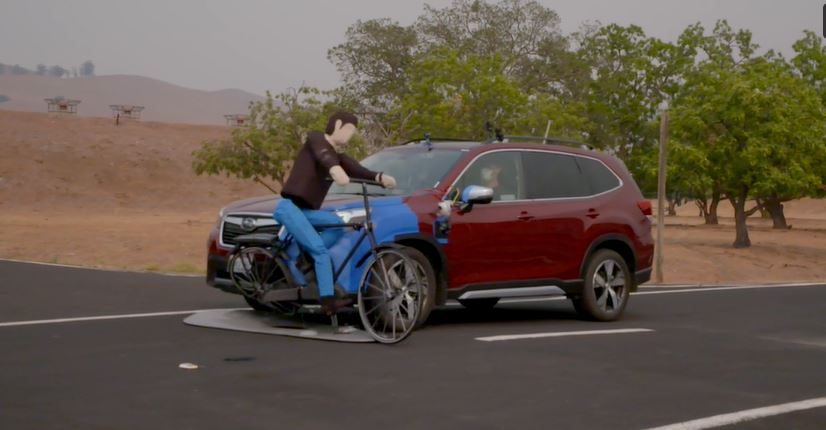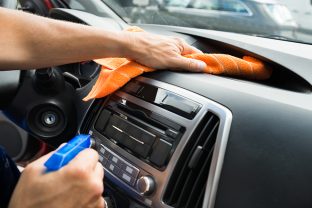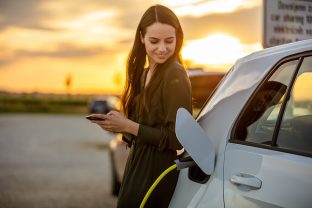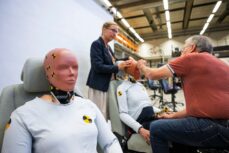Are automatic driving assistance systems 100% reliable?

Driving assistance features, such as cruise control and emergency braking, are designed to simplify driving, as well as — and above all — improve safety. Even if the technological progress made in this area is remarkable, these systems are not completely immune to failure, sometimes with serious consequences. AAA therefore decided to examine how the semi-autonomous driving solutions currently on the market perform on the road in real-life situations, whether it be passing other cars or avoiding a cyclist crossing the road.
Their tests revealed that vehicles equipped with active driver assistance systems (corresponding to level 2, out of 5, of autonomous driving) were not always able to consistently avoid collisions. For example, in the case of a cyclist crossing the test vehicle’s lane, a third of the tests ended in an accident. In contrast, when a cyclist was riding in the same direction in the lane in front of the test vehicle, there were no collisions. The tests also showed that one head-on collision occurred out of 15 tests with an oncoming vehicle in the traffic lane. When a slower vehicle was travelling in the same direction in the traffic lane, no collisions were reported.
Keep in mind that all these aids require the vigilance of the driver, who must be able to regain control at any time if necessary. These results reinforce the recent positions expressed by the AAA, which also advocates the integration of direct driver monitoring systems by camera in order to alert the driver in case of lack of concentration. AAA is thus urging automakers to improve what is currently available before focusing on other technologies in the future.
The study arrives at a time when Mercedes-Benz is launching its Drive Pilot automated driving system (on the S-Class and EQS) in Germany, the very first Level 3 system marketed in the world, a further step towards full autonomy.
In parallel with these tests, AAA has surveyed motorists on the development of new autonomous driving features. The results show that 85% of them feel fearful or unsure about full self-driving technology, if it ever gets rolled out. The same percentage said they would not feel comfortable transporting their family and children in a fully automated vehicle.
The systems tested were from Hyundai (Highway Driving Assist), Subaru (EyeSight) and Tesla (Autopilot) with tests taking place in a closed circuit. The consumer survey was conducted by telephone from January 13 to 16, 2022, among 1107 Americans aged 18 or older.














